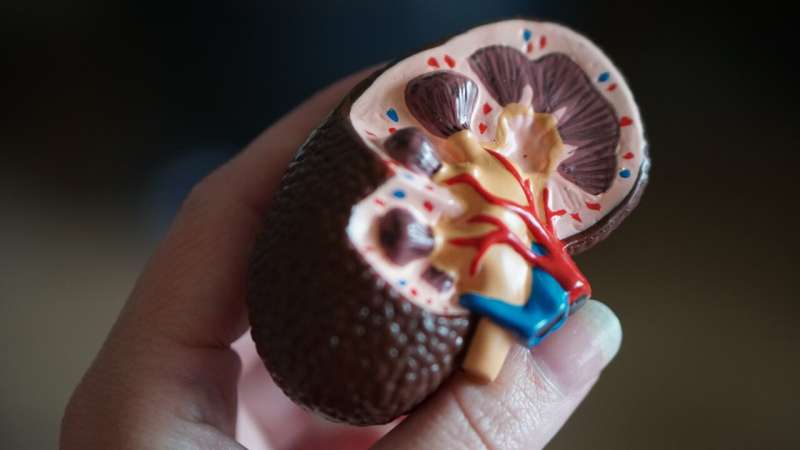The Need for Standardized Guidelines in Dialysis Initiation During Pregnancy

A recent study calls for standardized guidelines for initiating dialysis during pregnancy to improve maternal and fetal outcomes in women with advanced CKD.
The management of dialysis initiation in pregnant women with chronic kidney disease (CKD) shows significant variation across different regions and clinical practices. This variability underscores the pressing need for standardized guidelines to ensure optimal maternal and fetal outcomes. A recent study published in the July issue of Kidney International Reports examined how dialysis is started during pregnancy and the associated maternal and fetal health impacts.
The study analyzed data from a multinational retrospective cohort of 169 pregnancies in 149 women who delivered between January 2000 and October 2022. All participants had advanced CKD, characterized by pre-pregnancy estimated glomerular filtration rate (eGFR) below 30 mL/min/1.73 m² within a year before conception or serum creatinine levels of 150 μmol/L or higher during pregnancy. The findings revealed that nearly half of the women (46.7%) initiated dialysis during pregnancy, with the median initiation time at around 21 weeks of gestation.
Regional differences were prominent in both the timing of dialysis initiation and the prescribed dialysis hours per week. Women who commenced dialysis during pregnancy faced higher risks of adverse maternal and fetal outcomes compared to those who did not require dialysis during pregnancy. Interestingly, the study found no significant link between the weekly hours of dialysis and the risk of adverse outcomes. Additionally, women not on dialysis experienced an average decrease in their eGFR of about 8.4 mL/min/1.73 m² in the first year postpartum compared to their pre-pregnancy levels.
The authors emphasized that these findings highlight the critical need for uniformity in clinical practices related to dialysis in pregnancy. Better education and proactive counseling for women with CKD regarding reproductive planning and management could improve outcomes. Developing clear, evidence-based guidelines would assist clinicians worldwide in making consistent decisions, ultimately benefiting both mothers and their babies.
This research sheds light on current practices and underscores the importance of standardized protocols to optimize care for pregnant women with CKD. By addressing regional disparities and promoting standardized management strategies, healthcare providers can improve health results and support women through safe pregnancies.
Source: https://medicalxpress.com/news/2025-07-standardization-dialysis-pregnancy.html
Stay Updated with Mia's Feed
Get the latest health & wellness insights delivered straight to your inbox.
Related Articles
Understanding How Middle-Aged Adults Develop Dementia: The Role of Specific Proteins
New research identifies specific proteins in spinal fluid that may serve as early markers for frontotemporal dementia in middle-aged adults, improving diagnosis and treatment options.
Innovative Space-Technology Backpack Boosts Balance for Ataxia Patients
A novel backpack utilizing aerospace gyroscopic technology has been shown to improve balance and walking stability in ataxia patients, offering hope for enhanced mobility and independence.
Examining Ethnic Disparities in Weight Loss and the Role of Socioeconomic Factors
A groundbreaking study uncovers ethnic disparities in weight loss success and highlights the impact of socioeconomic barriers affecting marginalized communities. Learn why tailored approaches are essential in obesity treatment.
Benefits of Heart-Healthy Lifestyle Extend to Whole Body, New Study Reveals
Research from Emory University confirms that heart-healthy habits positively impact the entire body, reducing chronic disease risk and improving overall well-being.



